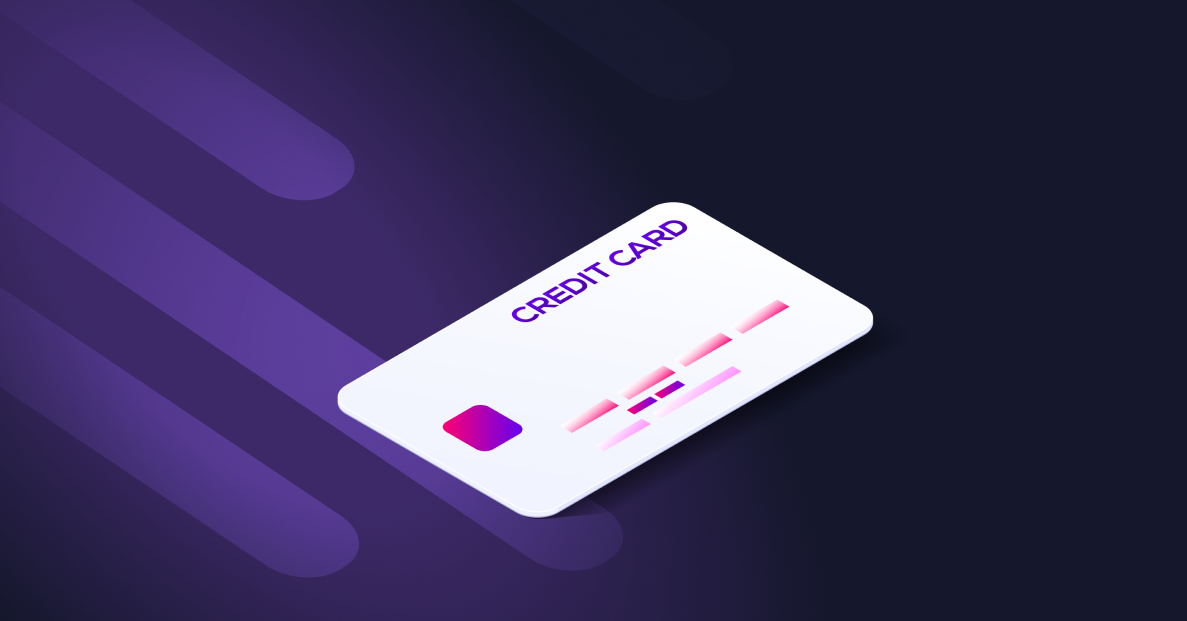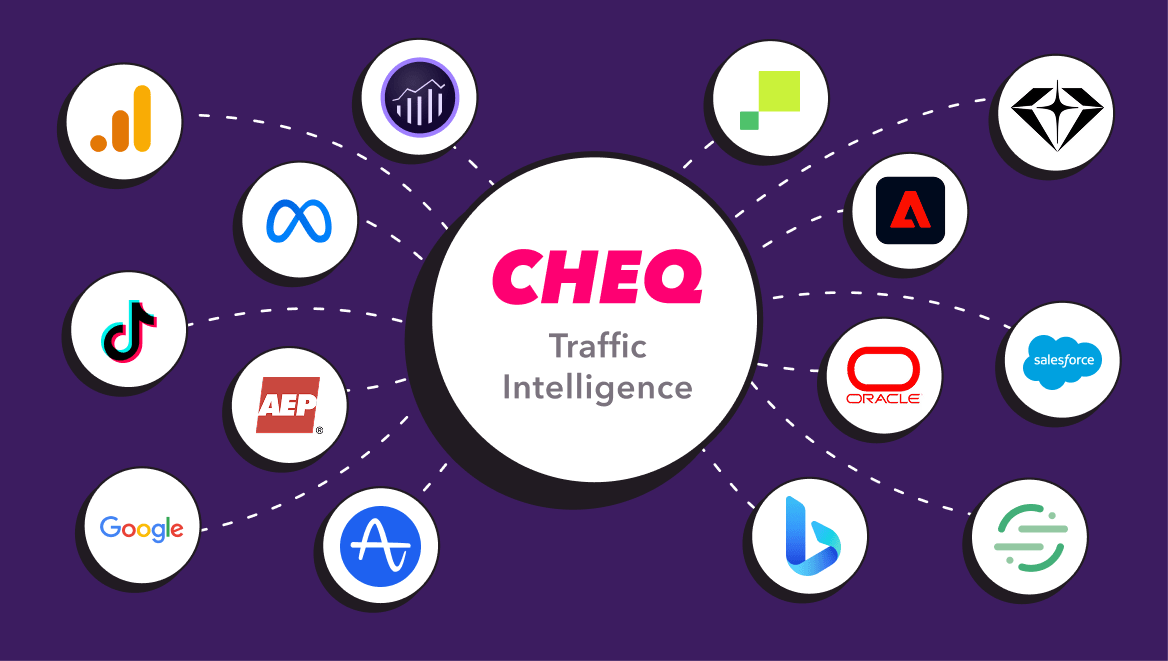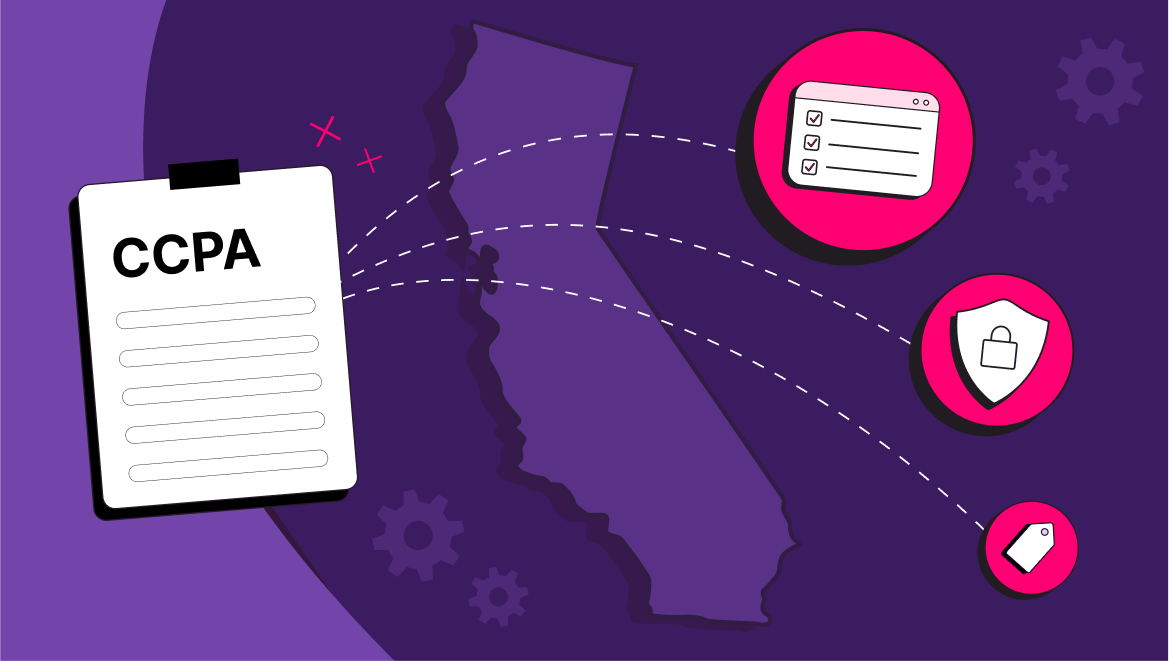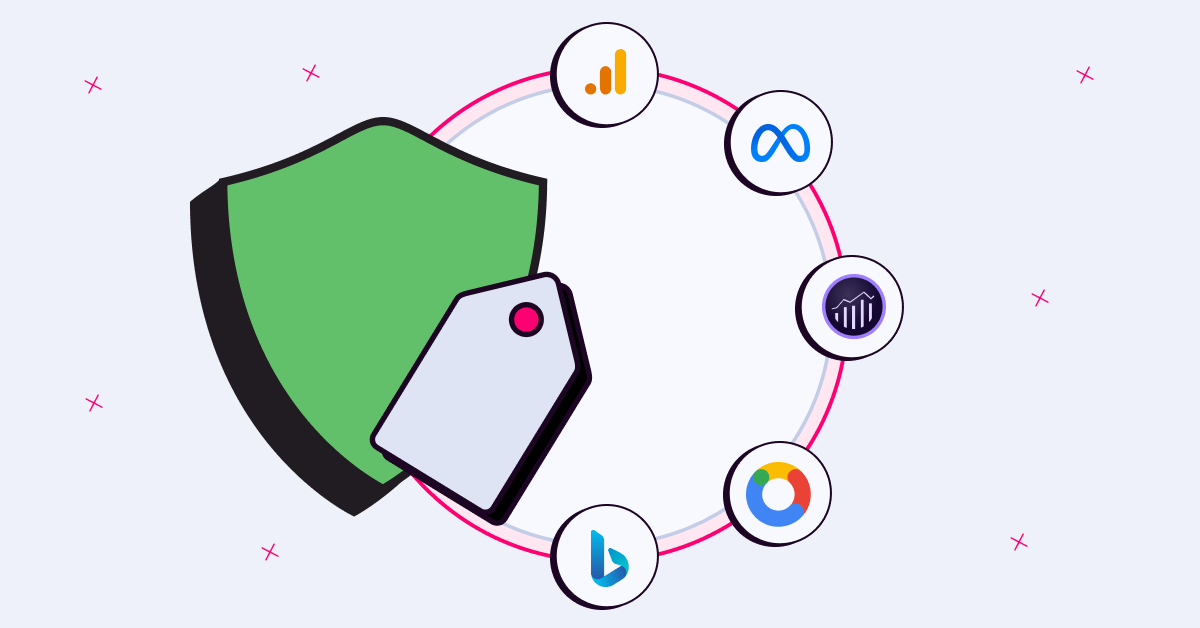What is Chargeback Fraud?
Kerry Coppinger
|Cyber Risks & Threats | August 10, 2022

There are many different types of financial fraud that can be committed through credit cards or other types of payment. Because of the many ways fraudulent activities can be committed and the presence of both non-human bots and human hackers online, these types of situations are incredibly common. One term that frequently comes up when discussing these types of financial threats is “chargeback fraud.” But what does it mean exactly, and how is it different from other types of malicious activities? Throughout this article, we will dive into chargeback fraud and explain where it fits within this ecosystem.
What is the definition of Chargeback Fraud?
Chargeback fraud is simply an instance of an illegitimate dispute of a purchase. For example, if a fraudster knowingly and purposely purchases something from a merchant but then later reports that it was a fraudulent purchase in order to get both the item from the merchant and dishonestly acquire a refund, that would be considered chargeback fraud.
How is this different from other types of fraud?
As one can imagine, there are other types of financial and credit card fraud, including carding attacks. However, there are also many other types of malicious activities that do not directly relate to consumer credit cards. These include but are not limited to account hijacking, cookie stuffing from affiliate partners, and ad fraud. Many of these activities harm both everyday internet users, as well as many online businesses by draining their budgets, skewing their metrics, and warping their sources of truth.
What are some examples of Chargeback Fraud?
Fraudulent Transactions
These are the transactions that are committed with malicious intentions by fraudsters and bad actors on the internet. These malicious users purposely make purchases and then knowingly contact a merchant or their bank to dispute them.
Friendly Fraud
This type of fraud can be best described as unintentional fraud. Friendly fraud occurs when someone innocently forgets they made a purchase or signed on to a subscription model. They then dispute the charge because they do not remember agreeing to it, even though they did.
Legitimate Disputes
Sometimes purchases made on someone’s card are actually fraudulent, and when that person issues a dispute, they are doing so rightfully. However, even though the person never made a purchase and is actually a victim in this scenario, even these disputes can cost businesses revenue and inventory.
How does Chargeback Fraud harm businesses?
When a charge dispute is issued, it is typically the business’s responsibility to handle it. This means it is up to the business to prove the charge was legitimate, which can be a difficult thing to prove, and also a time-consuming process for companies that have large quantities of transactions happening every day. Because of this, there are many instances where the business does not have enough proof against a dispute, and ultimately the fraudster wins. This can harm the business’s reputation and revenue.
What can businesses do to stop Chargeback Fraud?
The best way to handle instances of chargeback fraud is to be proactive and protect against them before they occur. While legitimate disputes cannot – and arguably should not – be stopped, there are some things businesses can do to reduce fraudulent transactions and friendly fraud. If a given business notices that many customers are complaining about not remembering making purchases or being automatically charged for items they don’t think they agreed to buy – that business could consider setting reminders or alerts to customers, requiring additional forms of affirmative consent when purchases are made, or updating their subscription model if applicable. When it comes to more malicious activities, including fraudulent transactions, the business can be proactive by installing a security solution to proactively identify and block bad actors from their sites to reduce actions that will harm their business and their reputation with customers.
Want to protect your site and prevent chargeback fraud? Click here to request a demo.














